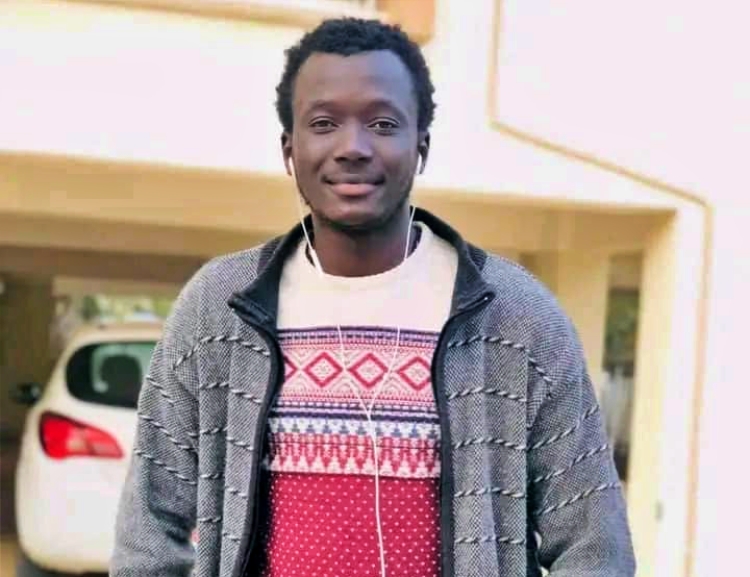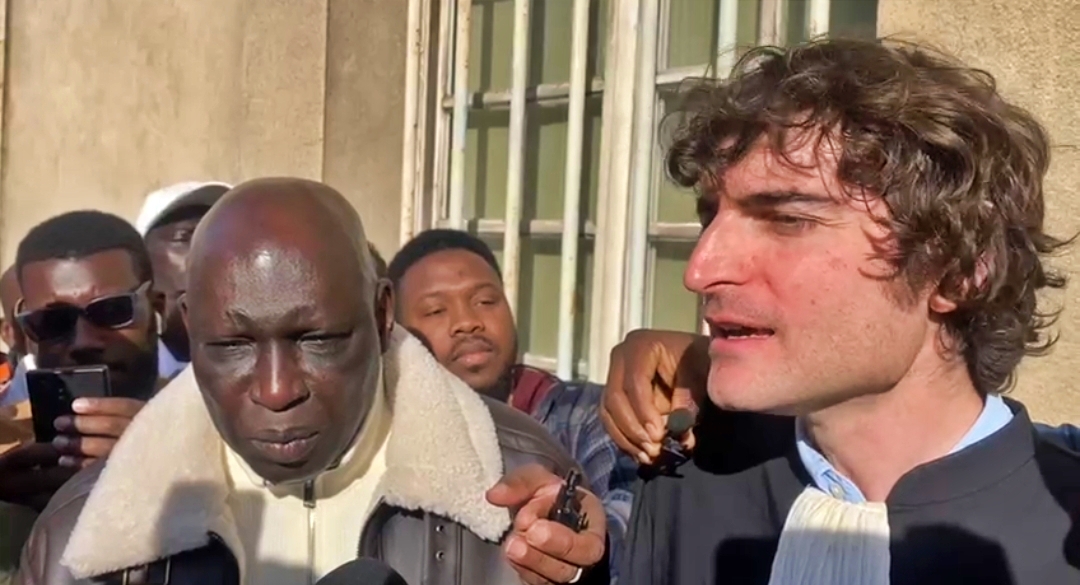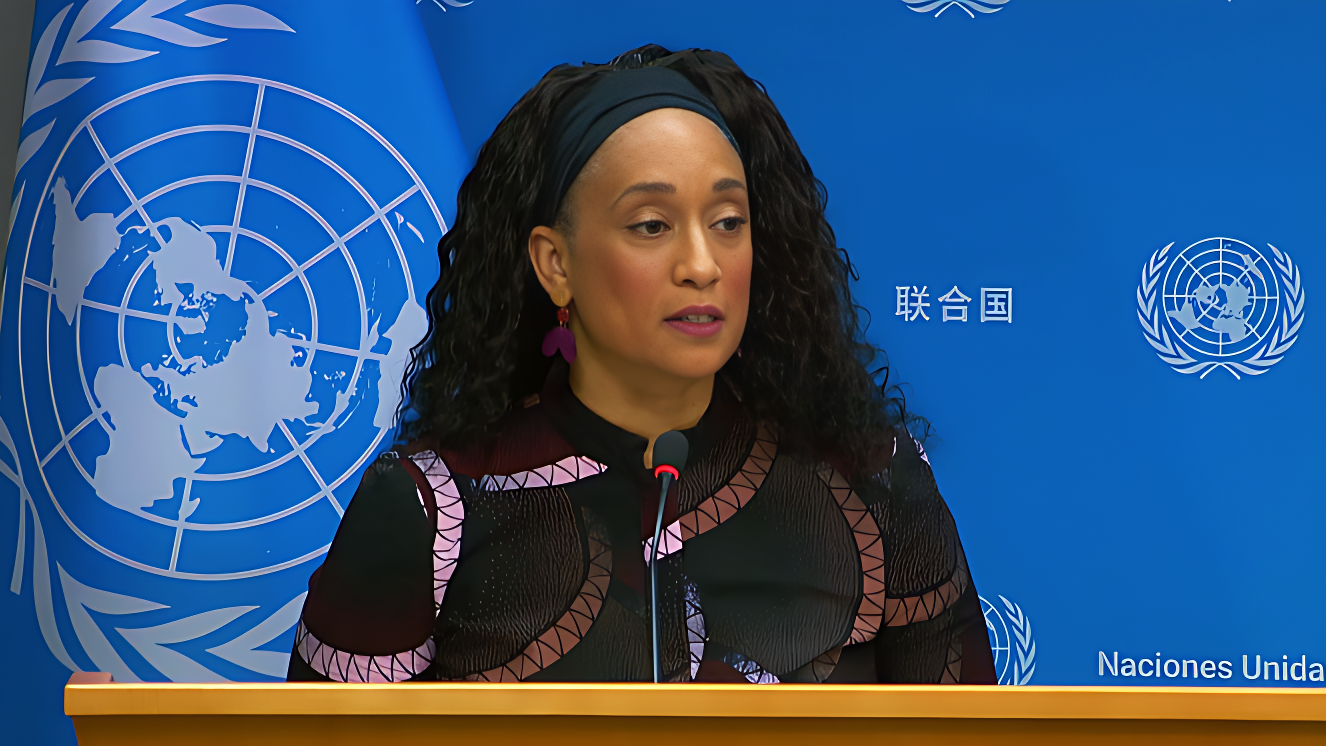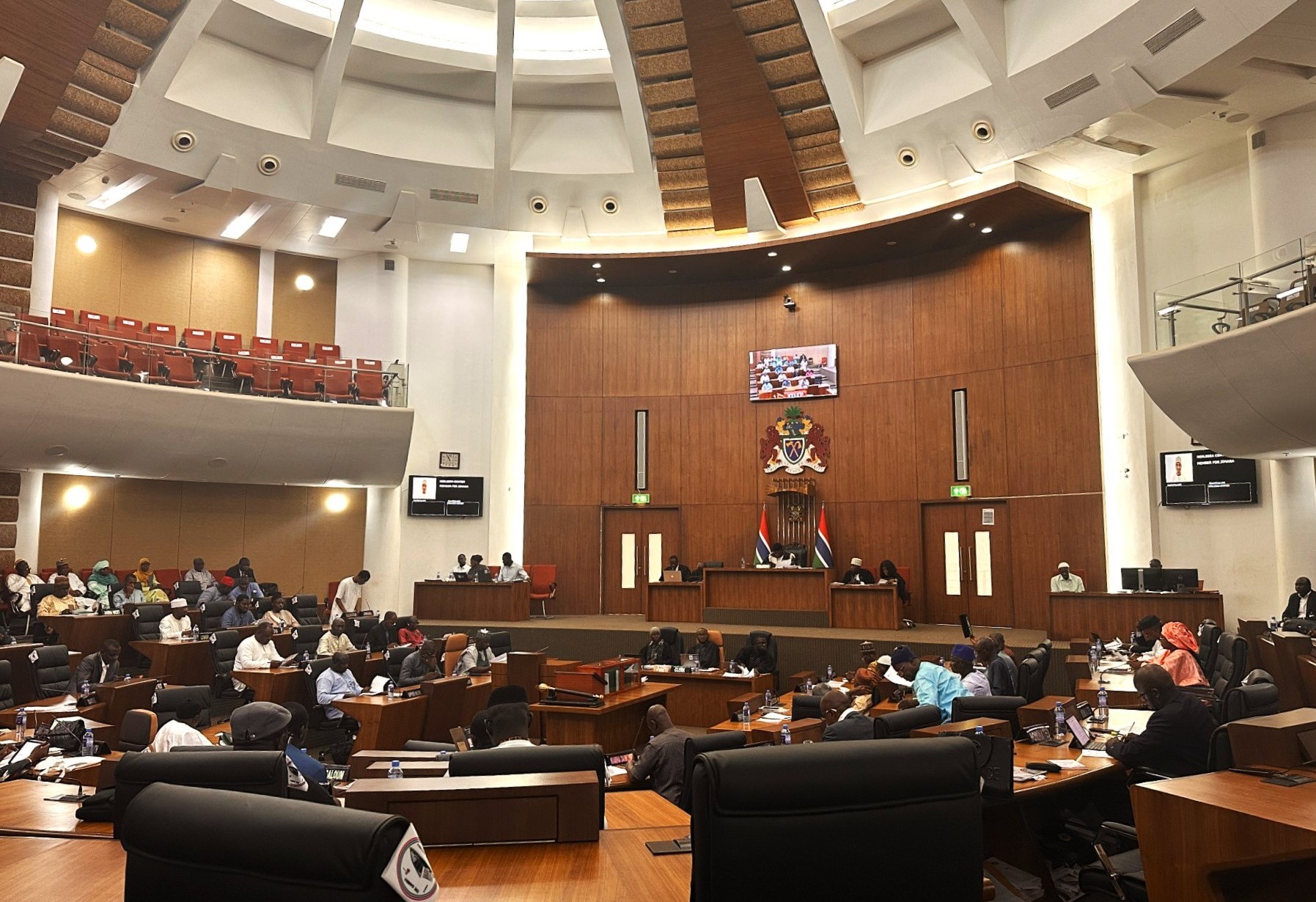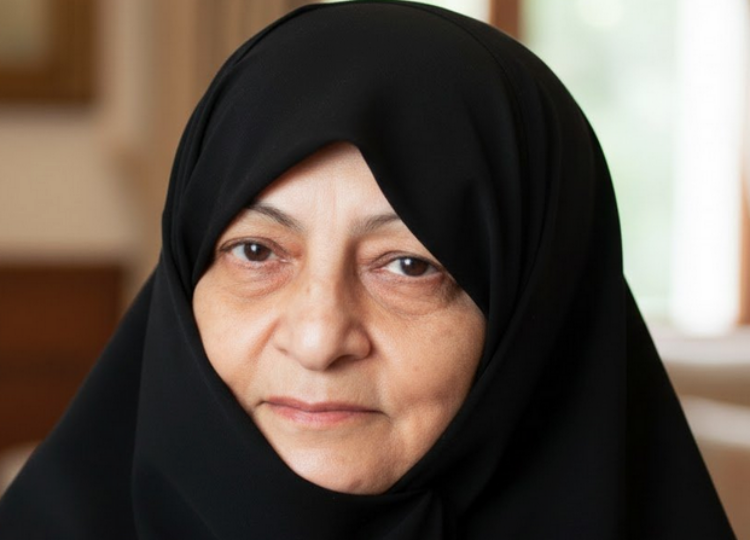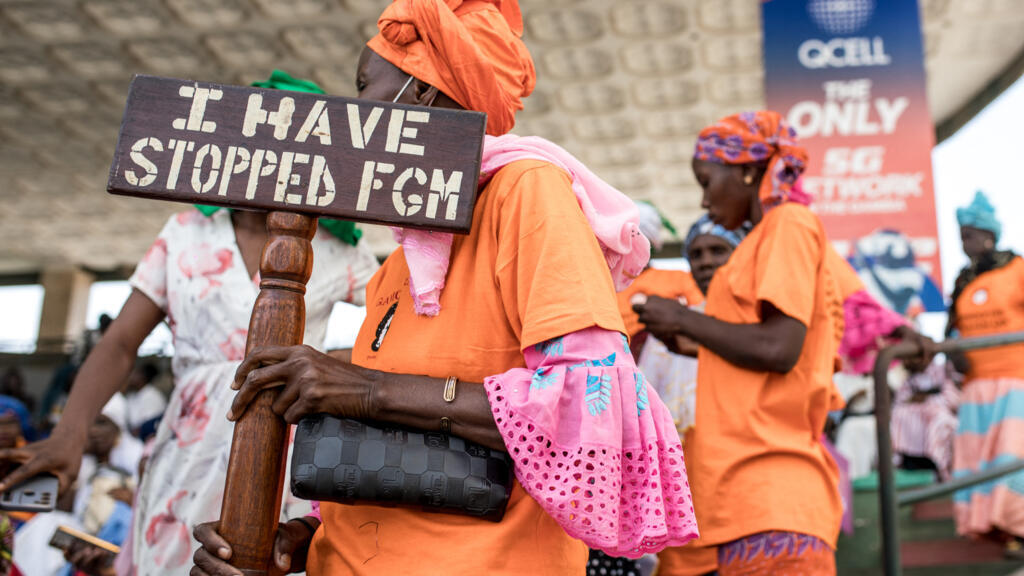Gambiaj.com – (Freetown, Sierra Leone) – A newly passed law on children’s rights in Sierra Leone has triggered sharp criticism from human rights advocates for failing to explicitly outlaw female genital mutilation (FGM) among minors, a practice that continues to affect tens of thousands of girls annually across the country.
The law, adopted by Parliament in early July, seeks to advance child protection, but activists argue it falls short of addressing one of the most pervasive and harmful violations against girls—FGM. Although the law bans “inhuman or degrading treatment,” it makes no direct mention of FGM, a glaring omission that critics say undermines its intent.
“This is a serious oversight,” said Victor Idrissa Lansana, vice president of the Sierra Leone Human Rights Commission, in an interview with RFI. “Mutilation is a cut. This causes pain and serious injuries—sometimes irreversible. The text should have the courage to name it.”
Lansana is calling on President Julius Maada Bio to refuse assent to the legislation unless Parliament amends it to include an explicit prohibition on FGM. “Now is the time to repair a historic injustice against the children of this country,” he said.
The controversy comes at an awkward moment for President Bio, who recently assumed the rotating presidency of the Economic Community of West African States (ECOWAS).
Just days earlier, on July 8, the ECOWAS Court of Justice ruled that Sierra Leone had failed in its duty to protect a young girl from genital mutilation, highlighting the state’s legal and moral shortcomings on the issue.
FGM remains widespread in Sierra Leone, where, according to a March 2024 UNICEF report, 83% of women have undergone the practice. An estimated 40,000 girls are subjected to FGM each year, half of them before reaching the age of 15.
Critics say Parliament’s silence on the issue is a deliberate political compromise aimed at avoiding backlash from cultural and traditionalist constituencies that still support the practice. “The deputies lacked courage,” Lansana said. “They wanted to remain vague, for fear of offending cultural sensitivities.”
As pressure mounts domestically and internationally, human rights groups argue that the president now has both the authority and responsibility to act decisively—by sending the bill back to Parliament and insisting on an unambiguous ban on FGM against minors.
Failure to do so, they warn, will leave countless girls vulnerable to a practice the international community widely condemns as a human rights violation.



